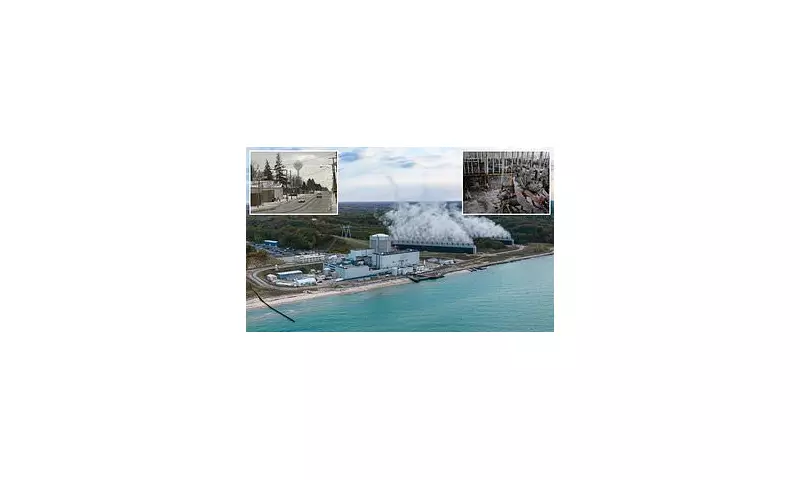
Alarming internal documents have revealed that the Palisades Nuclear Power Plant in Michigan, recently acquired by Holtec International, may be vulnerable to a catastrophic failure comparable to the 1986 Chernobyl disaster. The revelations have triggered urgent safety reviews and raised serious questions about the facility's operational integrity.
According to confidential reports obtained by watchdog groups, the plant's emergency core cooling system contains critical vulnerabilities that could lead to a "loss of coolant accident" - the same type of failure that precipitated the Chernobyl catastrophe. Engineers have identified that these flaws could potentially result in reactor core damage and radioactive release.
Whistleblower Warnings Ignored
Multiple whistleblowers within the organisation have come forward with concerns that safety protocols have been systematically undermined since Holtec assumed control of the facility. One senior technician, speaking on condition of anonymity, stated: "We're dealing with potentially catastrophic design flaws that management appears unwilling to properly address."
Regulatory Scrutiny Intensifies
The Nuclear Regulatory Commission (NRC) has launched a comprehensive investigation into the allegations. Internal memos show regulators have expressed "significant concern" about the plant's ability to handle emergency scenarios. However, critics argue the NRC has been too lenient in its oversight of the troubled facility.
Community Outrage and Environmental Concerns
Local communities surrounding Lake Michigan are expressing growing alarm about the potential environmental impact. Environmental groups have demanded immediate shutdown until all safety concerns are fully addressed. "The risk to the Great Lakes ecosystem and millions of residents is simply unacceptable," stated a spokesperson for the Great Lakes Environmental Alliance.
Holtec International has issued statements claiming the plant operates within federal safety guidelines and that all identified issues are being "aggressively addressed." However, internal communications suggest company executives have been aware of these critical vulnerabilities for several months without implementing comprehensive solutions.
The Palisades facility, which began operations in 1971, was recently reopened despite previous safety concerns and its advanced age. The current controversy raises fundamental questions about America's aging nuclear infrastructure and the balance between energy needs and public safety.





